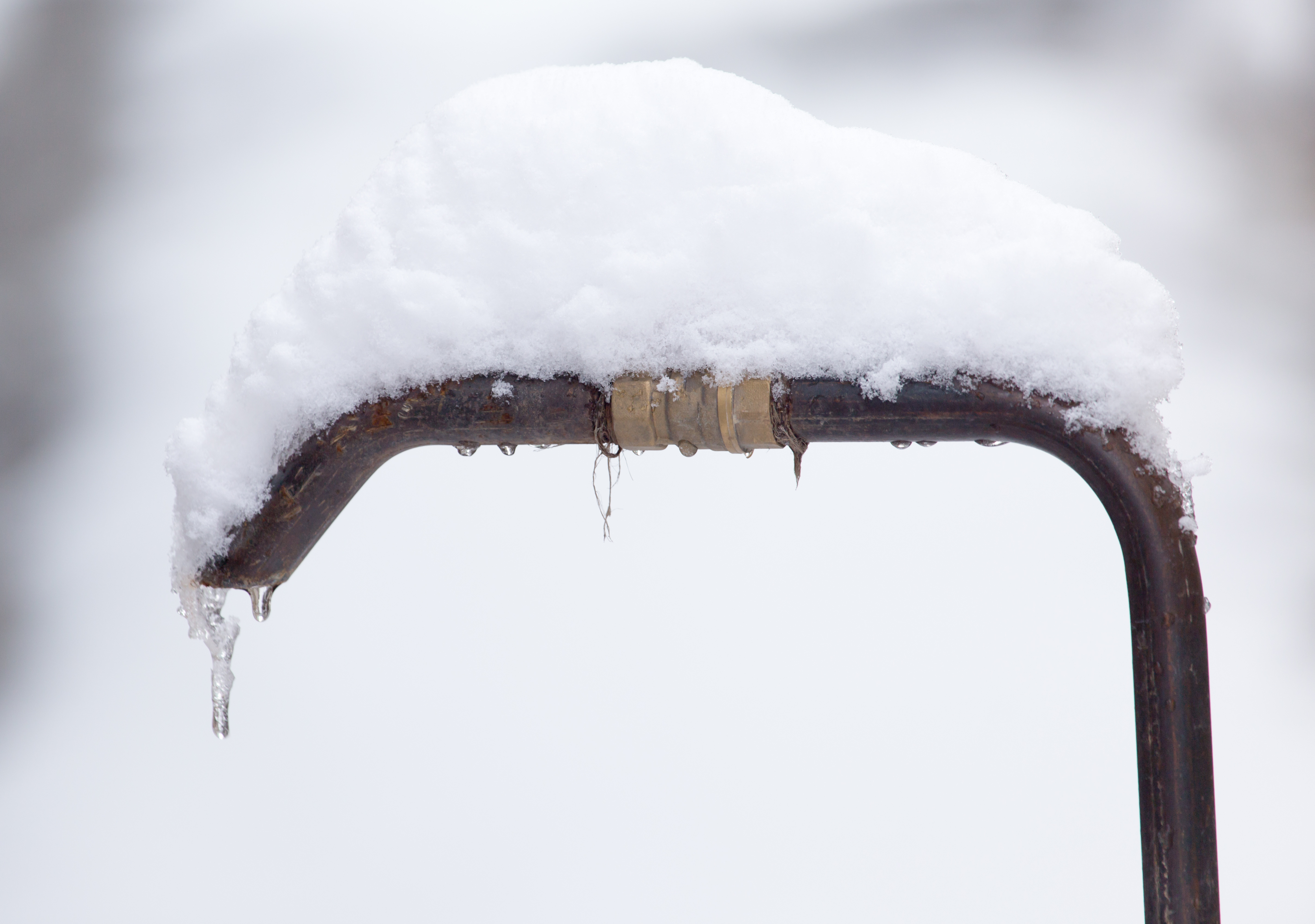 (412) 364-9114
(412) 364-9114

As the seasons change, so can your potential plumbing problems. Now that winter is nearing, you may face a variety of cold weather and holiday activity. Knowing the most common winter plumbing problems and how to avoid them can help you take care of your plumbing this winter.
Holiday feasts make grease a common problem in sink drains and garbage disposals. Grease that solidifies in drains can cause clogs and blockages. Luckily, there are a variety of things you can do to prevent this from being a problem.
Freezing water can cause pipes in your home to burst. When the water thaws, burst pipes will leak and cause damage. There are many ways that you can prevent the pipes in your home from freezing.
Don’t forget that outdoor spigots can freeze just as easily as indoor pipes. To protect your outdoor hose spigots, remove all hoses and cover the spigots with foam insulation. To protect your hoses, drain the water inside and store them in your garage.
Water heaters lose efficiency when the air around them gets colder. You can prevent this problem by insulating the room where your water heater is located. Some homeowners also choose to insulate their water heater at this time of year. If you’re thinking about insulating your water heater, contact an experienced plumber for assistance. Improperly installed water heater insulation can be a fire hazard.
Draining your water heater of sediment can also help improve your heater’s efficiency. To drain your water heater, do the following:
When the water heater has been drained of sediment, close the spigot and turn on the cold water supply to the water heater. Restore power to the unit when the tank is full.
At Terry’s Plumbing, we help homeowners take care of their plumbing in winter. To find out more about protecting your pipes this coming season, contact us today at 1-877-483-7797.